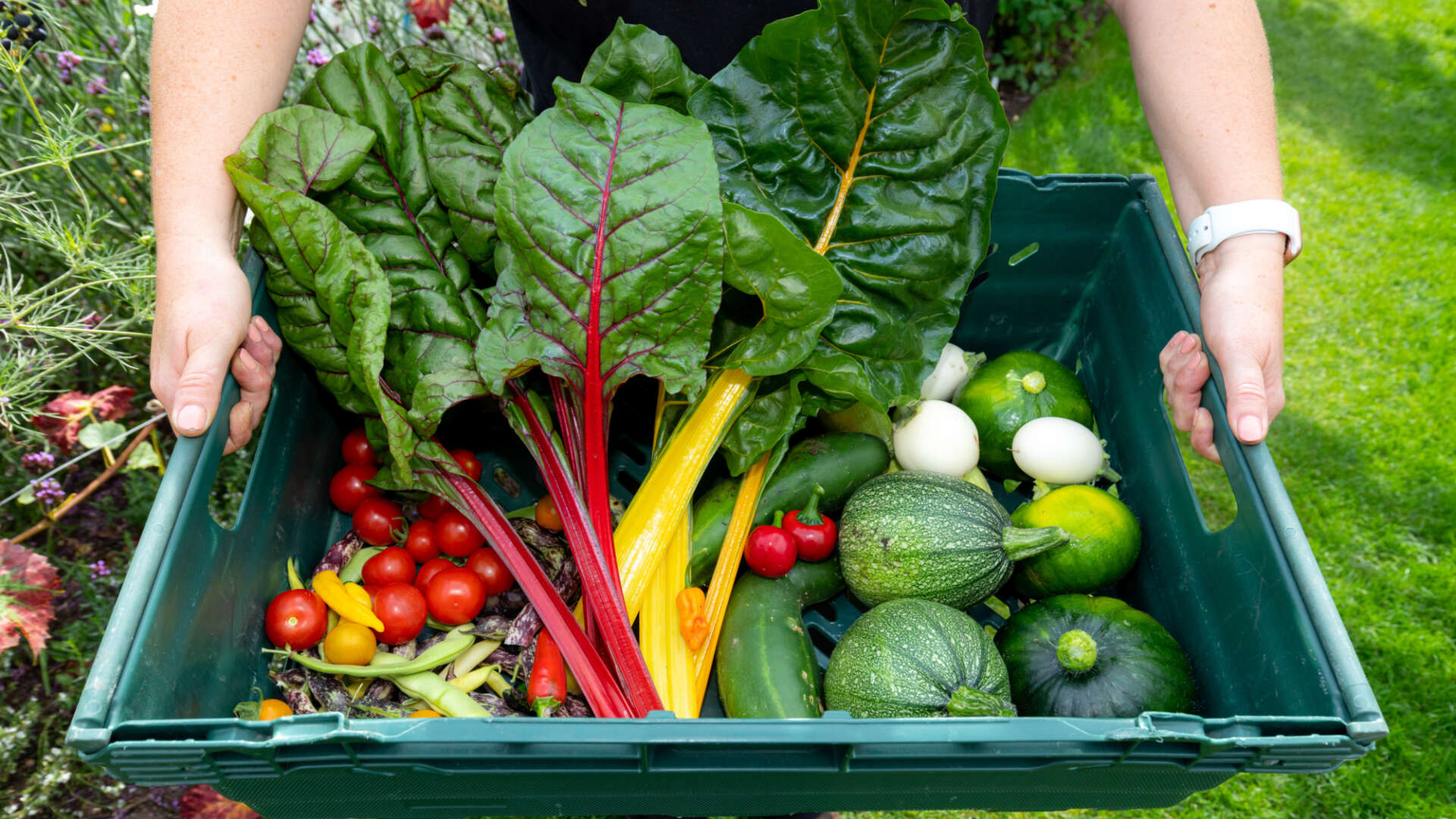Further research on the benefits of organic food

He writes:
"There are various ways to approach this question. We can analyse the nutrient contents of the plant foods grown under different conditions - or compare the amounts of micronutrients, i.e. compounds such as vitamins that are present in very small concentrations but can have beneficial if not essential roles in maintaining health.
"Vitamins are by definition essential. But other micronutrients such as carotenoids, flavonoids and glucosinolates may play subtle but important roles in metabolism. For instance they can work as antioxidants, protecting us from harmful effects of reactive forms of oxygen that are an inevitable by-product of respiration and an important element in the inflammatory response.
"Another possible advantage of organically grown fruits and vegetables is the likely lower level of contamination with pesticide residues - detectable in the food we eat, even though strict limits are set for allowable concentrations. Recently, a so-called meta-analysis (looking at all available research reports on the topic) concluded that, indeed, organically grown fruits and vegetables contain both higher concentrations of various micronutrients than carefully matched conventional foods, and lower concentrations of a range of pesticides as well as the toxic metal cadmium."
Higher antioxidant and lower cadmium concentrations and lower incidence of pesticide residues in organically grown crops: a systematic literature review and meta-analyses.(Barański et al., 2014).
For further research into the nutrient differences between organic and non-organic foods see here.
"Such evidence is welcome, and suggestive, but it does depend on two questionable assertions," continues Collins. "Do we really need our micronutrient levels topping up? (It is clear that high levels of various antioxidants taken as supplements can be harmful, though this does not apply to natural sources of the same compounds.) And are very low levels of pesticides - within permitted levels and therefore officially safe - really likely to cause harm?
"Actually proving a health benefit for humans ultimately depends on performing human studies, where differences in diet (in this case consumption of organic or conventionally grown fruits, vegetables and other foods) can be linked to differing health outcomes, in a population group large enough to give statistically significant results. The 'five a day' recommendation reflects the abundance of evidence that a diet rich in fruits and vegetables, or adherence to the so-called Mediterranean diet, is associated with reduced risk of various diseases. But studies focusing on the possible importance of organic fruits and vegetables are rare.
"One such study, published a few years back, and based on a very large cohort of mothers and newborn infants in Norway, found a lower incidence of pre-eclampsia in women who reported eating organic foods.
"More recently, researchers in the USA found that pesticide residues in fruit and vegetables might have affected the ability of women to conceive. They gave dietary questionnaires to several hundred women being treated in a fertility clinic. Using the completed questionnaires, the researchers classified the women as high or low consumers of pesticides. This was based on their consumption of vegetables which, according to a database from the US Dept .of Agriculture, gave the relative levels of pesticide residues found in a wide range of foods (regardless of whether they were organic or not). Fruits such as apples, grapes and strawberries scored highly, for example, as did spinach, sweet peppers and potatoes; while peas, beans, cauliflower and grapefruit had low levels of residues. The women with the greater intake of fruits and vegetables with high residue levels were associated with a lower likelihood of pregnancy and live birth."
Chiu et al. (2017) Association between pesticide residue intake from consumption of fruits and vegetables and pregnancy outcomes among women undergoing infertility treatment with assisted reproductive technology. JAMA Intern Med. doi:10.1001/jamainternmed.2017.5038
Dr Collins concludes "While the authors did not report on intake of organic foods as such, it is clear from other studies that choosing organic produce is a good way to ensure low consumption of pesticides - giving a firm basis for our belief that organic fruits and vegetables are good for us, while emphasising the need for research in areas of health not limited to fertility and pregnancy."
For further reading on this topic see Is organic food better for you?